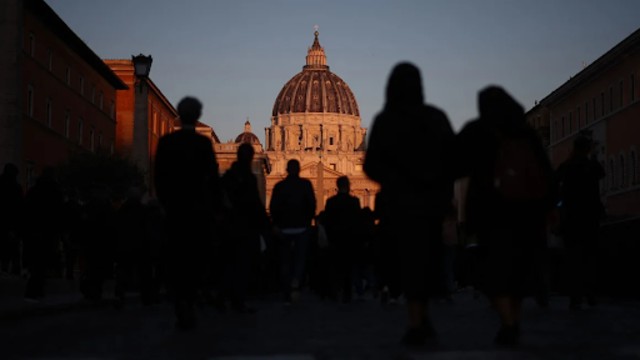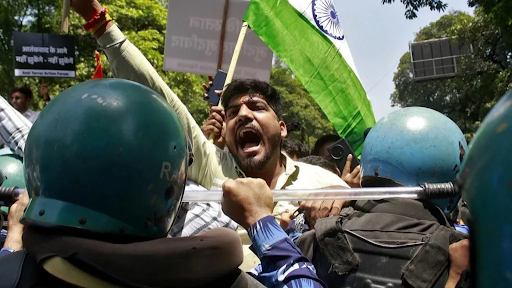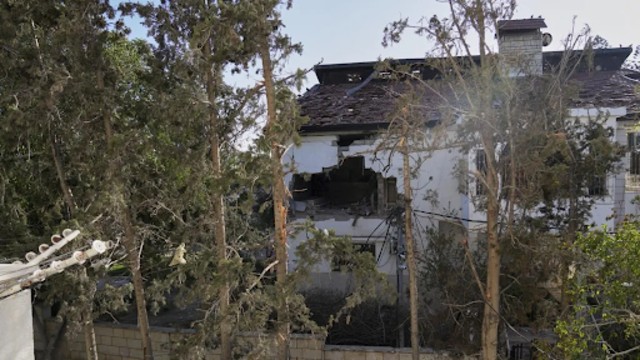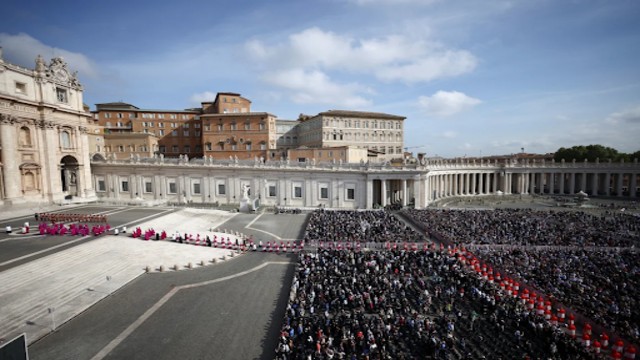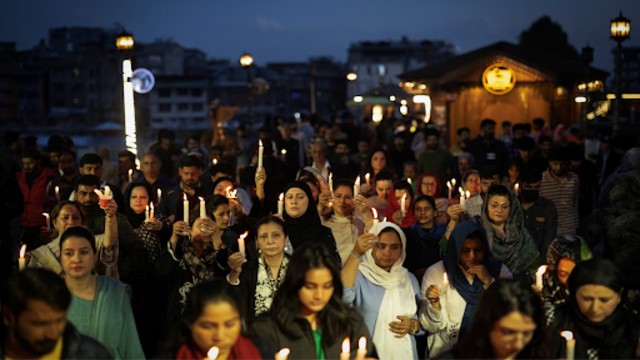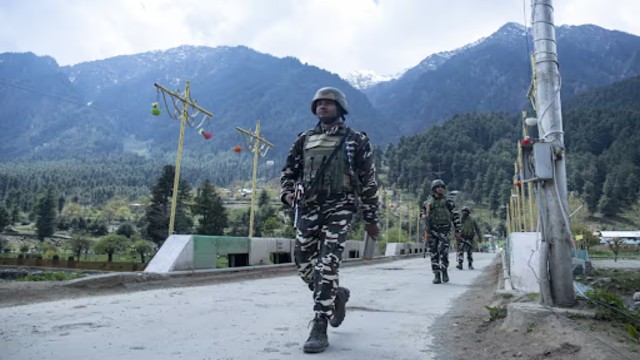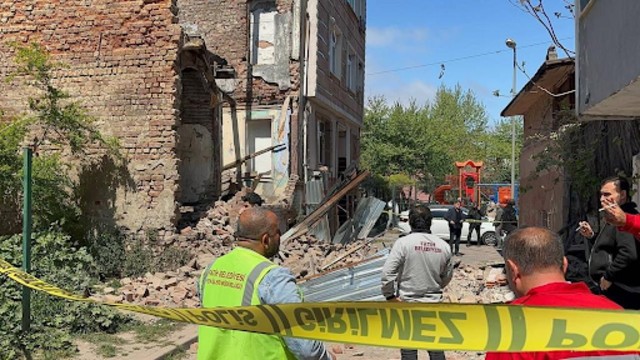
Palestinians sift through the debris of a house hit by an Israeli strike in Deir Al-Balah, located in central Gaza, during the ongoing conflict between Israel and Hamas on December 4, 2024. Reuters
Amnesty International has accused Israel of committing genocide against Palestinians during the ongoing Gaza conflict, an allegation Israeli leaders firmly deny. The human rights group, based in London, released its findings after months of analyzing incidents and official statements, asserting that the actions meet the legal criteria for genocide as defined by the 1948 Genocide Convention. This is the first time Amnesty has made such a determination during an active conflict.
The Genocide Convention defines genocide as acts carried out with the intent to destroy, in whole or part, a national, ethnic, racial, or religious group. Amnesty’s report claims Israel’s military actions in Gaza meet at least three of the five acts prohibited under the convention: killings, causing serious physical or mental harm, and inflicting conditions designed to bring about the group’s destruction. These findings were based on over 100 statements from Israeli officials and extensive field research.
The conflict escalated after a Hamas-led attack on October 7, 2023, resulted in the deaths of 1,200 Israelis and over 250 hostages being taken into Gaza. In response, Israel launched a large-scale air and ground campaign, stating its objective was the elimination of Hamas. Gaza’s Health Ministry reports that over 44,400 Palestinians have died during the military offensive, with thousands more injured. The densely populated enclave has seen widespread destruction, leaving most of its 2.3 million residents displaced multiple times.
Presenting the report in The Hague, Amnesty International’s Secretary General, Agnes Callamard, emphasized that their conclusion was reached after thorough and impartial research. She stated, “There is a genocide being committed. There is no doubt in our minds after six months of focused investigation.”
Israel has consistently denied such accusations, asserting that its military operations comply with international law and are focused solely on dismantling Hamas. Israeli officials argue that Hamas uses civilian areas for cover, complicating military operations. However, Amnesty counters that these arguments do not align with the evidence of systematic actions against Palestinians.
The report also highlighted the broader consequences of the conflict, including extensive displacement, lack of safe zones, and the destruction of Gaza’s infrastructure. It urged the International Criminal Court (ICC) to investigate the alleged genocide and other crimes against humanity. The ICC’s prosecutor’s office acknowledged ongoing investigations but declined to comment further.
Amnesty’s findings have sparked renewed debate about the humanitarian crisis in Gaza and the role of international institutions in addressing potential war crimes. While Amnesty calls for accountability, the accusations underline the deep divisions and ongoing tensions surrounding the conflict.


